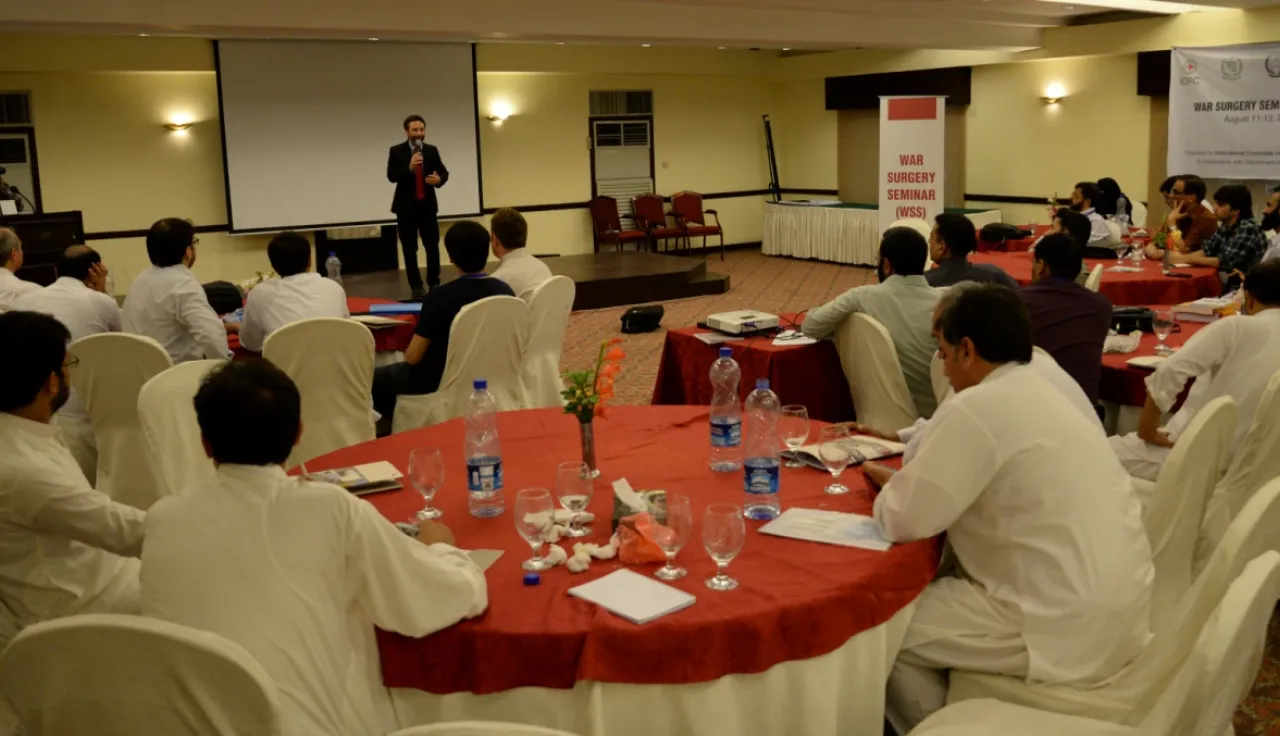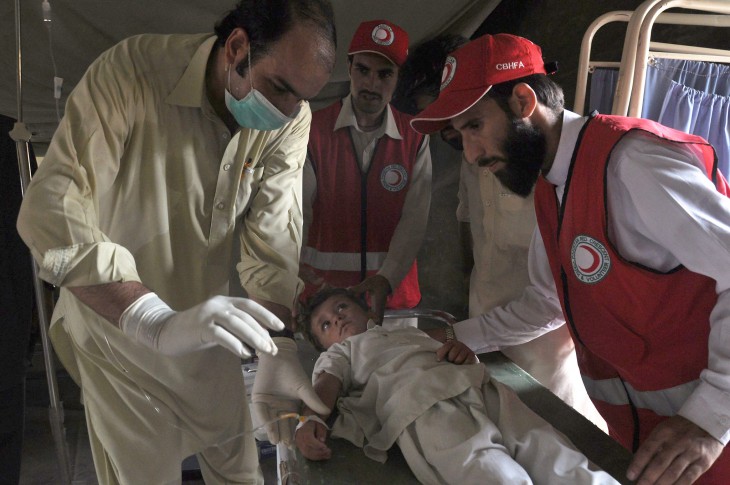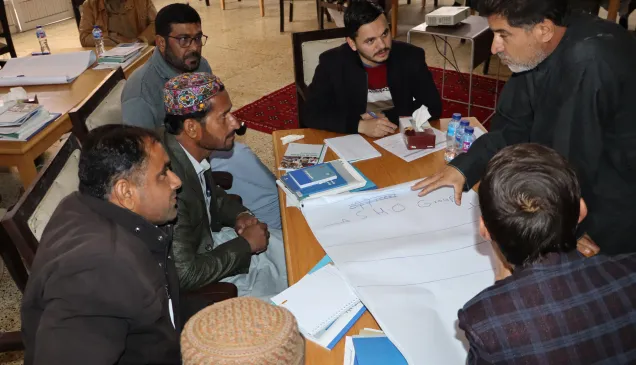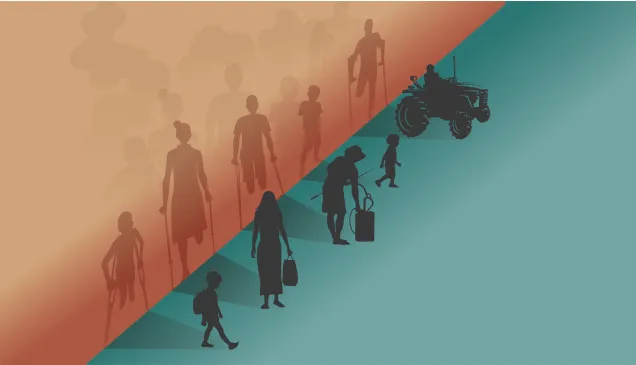Pakistan: Medical professionals sharpen skills

The ICRC is working closely with the authorities to support health-care facilities and provide doctors and other health workers with opportunities for continuing education.
In cooperation with Pakistan's provincial health authorities, the ICRC organized a war-surgery seminar and an emergency-room trauma course for medical professionals this August in Peshawar.
Twenty civilian and military doctors from Khyber Pakhtunkhwa, Karachi, Rawalpindi and the Federally Administered Tribal Areas took part in the trauma course, 49 in the surgery seminar. The aim was to expand the capabilities of medical professionals treating wounded patients in difficult circumstances.
Various life-saving techniques, the management of multiple and complex injuries, and infection control were among the topics covered, as was the use of trauma-treatment techniques in situations where resources and know-how are in short supply.
"We want to make sure everybody is familiar with standardized diagnostic and therapeutic procedures," said Dr Bonaventure Bazirutwabo, the ICRC's health coordinator for Pakistan. "The courses offered a good opportunity for surgeons to sit together and discuss the best way to take care of wounded patients."
"We shared our experiences of working in emergency situations," said a military doctor. "The ICRC should continue to organize such training courses. The sharing of information must go on."
The training and exchanges will benefit many medical professionals in addition to those who participated directly, and ultimately could help save lives. "We are enhancing the skills of senior doctors hoping they pass the knowledge later to their lower-ranking colleagues," said Dr Sabahat Jamal Gillani, in charge of the ICRC's health activities in Peshawar.

Calls for more training and cooperation
Dr Abdul Wahab, in charge of the trauma centre at Lady Reading Hospital Peshawar, stressed that although major hospitals in Khyber Pakhtunkhwa are well equipped, doctors dealing with emergencies require further training. "This kind of training needs to be organized on every level, including for nurses and paramedics," he said.
Khyber Pakhtunkhwa Minister for Health Shahram Khan Trakai declared that the government was willing to work more with the ICRC. "We welcome the ICRC’s support and value its efforts. We look forward to enhancing our cooperation."
The ICRC is also supporting health facilities in Khyber Pakhtunkhwa with medical consumables in case of a mass influx of casualties.
Following the recent military operation in North Waziristan, the ICRC has been working even more closely with the Pakistan Red Crescent Society. As a result, more than for more than 150,000 displaced people could access to basic health-care services.
"The ICRC has been doing humanitarian work for more than 150 years," said Xavier Collard, head of the ICRC sub-delegation in Peshawar. "We want to save lives and preserve the dignity of people suffering the effects of violence."



